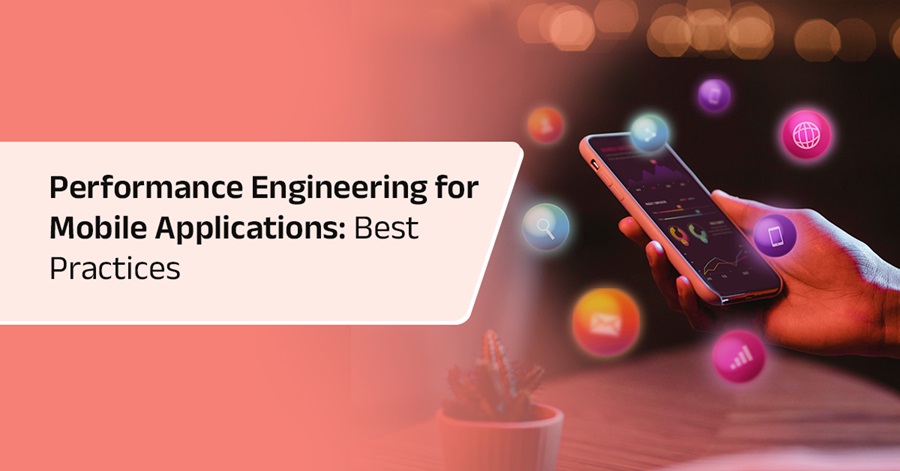Gartner, Inc. highlighted the six trends that will have a significant impact on infrastructure and operations (I&O) for 2025.
"These trends give the opportunity for I&O leaders to identify future skills requirements and seek insights to help meet implementation requirements," said Jeffrey Hewitt, Vice President Analyst at Gartner. "They will provide the differentiation needed for enterprises to gain the optimal benefits from their I&O operations in 2025."
Trend No. 1: Revirtualization/devirtualization
The recent license changes for certain vendor-based solutions have forced many I&O teams to re-evaluate their virtualization choices with some moving more to public cloud, some turning to distributed cloud and some moving to private cloud. This involves multiple options beyond just changing hypervisors.
"I&O leaders must inventory all current virtualization implementations and any related interdependencies," said Hewitt. "Evaluate alternative paths including hypervisors, hyperconvergence, distributed cloud, containerization, private cloud and devirtualization. Identify existing I&O skills and how those need to evolve to support top choices."
Trend No. 2: Security Behavior and Culture Programs
As the sophistication and variety of attacks increases, security programs must evolve to address behavior and culture to optimize their effectiveness. Security behavior and culture programs (SBCPs) are enterprisewide approaches to minimize cybersecurity incidents associated with employee behavior.
SBCP programs result in improved employee adoption of security controls and reductions in behavior not considered secure. They enable I&O to help support the more effective use of cybersecurity resources by employees.
Trend No. 3: Cyberstorage
Cyberstorage solutions utilize a data harbor made up of data that is fragmented and distributed across multiple storage locations. The fragmented data can be instantly reassembled for use when needed.
Cyberstorage can be a dedicated solution with comprehensive features, a platform-native service offering with integrated solutions, or a collection of stand-alone products that augment storage vendors with cyberprotection capabilities.
"For cyberstorage to be successful, I&O leaders should identify the risks of costly and disruptive storage threats, combined with increasing regulatory and insurance expenses to build a business case for cyberstorage adoption," said Hewitt.
Trend No. 4: Liquid-cooled Infrastructure
Liquid-cooled infrastructure consists of rear-door heat exchange, immersion and direct-to-chip. It enables I&O to support new chip generations, density and AI requirements, while also providing I&O opportunities to flexibly place infrastructure to support edge use cases.
"Liquid cooling has evolved to move from cooling the broader data center environment to getting closer and even within the infrastructure," said Hewitt. "Liquid-cooled infrastructure remains niche today in terms of use cases but will become more predominant as next generations of GPUs and CPUs increase in power consumption and heat production."
Trend No. 5: Intelligent Applications
Generative AI has revealed applications' potential to operate intelligently, which has created the expectation for intelligent applications. Intelligent applications adapt to their user's context and intent, thereby reducing digital friction. It can interoperate in pursuit of their own, as well as their users' intents, by marshaling the appropriate interfaces to external APIs and connected data.
Ultimately, intelligent applications reduce required intervention and interactions on the part of I&O. It also optimizes processes and utilization while reducing resource overhead.
Trend No. 6: Optimal Infrastructure
Optimal infrastructure is when I&O teams place a highly significant emphasis on the best infrastructure choices for a given use case across a range of deployment styles. This approach utilizes a business-based focus so that executives outside of IT can understand why infrastructure choices are made from their perspectives.
"These choices are ultimately aligned with platform engineering adoption," said Hewitt. "They allow I&O to align infrastructure choices with the business objectives of the overall organization. They also facilitate the support and approval of business unit leaders and C-level executives."



